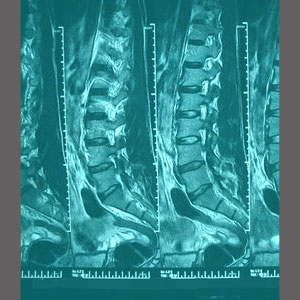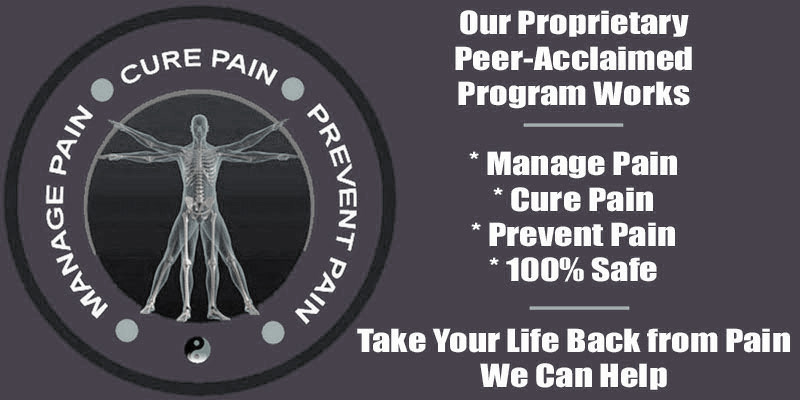
Avoiding spinal stenosis surgery is possible in many cases, while it may be impossible in others. Spinal operations are always serious and should never be taken lightly by patients or care providers. Spinal surgery has many risks and always causes collateral damage to healthy tissues. Therefore if stenosis can be treated nonsurgically, the patient stands to benefit greatly.
While nonsurgical care is great in some regards, it is rarely able to resolve symptomatic spinal stenosis. In fact, compared to other common back pain diagnoses, spinal stenosis features some of the best cure rates when using invasive care, making surgery part of the gold standard of treatment worldwide.
This discussion focuses on the goal of avoiding spinal stenosis surgery. If you are a patient who wants to find a cure without surgery, or a patient who is thinking about undergoing surgery, then this is the right essay for you.
Reasons for Avoiding Spinal Stenosis Surgery
Spinal stenosis surgery is a risky endeavor. In all cases, damage will be done to healthy tissues and the patient will require an extended recovery time ranging from weeks to months. Additionally, many complications can occur during spinal surgery, making the condition worse, rather than better. Some rather common complications include excessive bleeding, infection, spinal fluid leak, nerve damage or mechanical damage to the spine. In some instances, subsequent surgeries will be required to fix the trauma caused during the initial procedure.
Some patients can not take time off work or away from family responsibilities to be able to have surgery. Other patients can not afford a surgical procedure and do not have access to health insurance coverage to help them pay for the operation. Many, many patients have health issues that may contraindicate them from having surgery, especially given the epidemic of severe obesity in the general population and the horrific health risks being morbidly overweight entails.
Some patients simply want to avoid spinal stenosis surgery since they know that an operation is always an option and they simply prefer to try all the noninvasive options first. This is wise thinking which accounts for a substantial number of patient mindsets when a surgical prescription is suggested.
Avoiding Spinal Surgery or Acquiescing
Avoiding surgery is not always the best option. Many cases of spinal stenosis can be easily resolved using minimally invasive care that will provide a complete symptomatic cure. Additionally, most forms of permanent spinal stenosis can not ever be cured using nonsurgical care, so if a patient wants their pain to end instead of merely be temporarily decreased or relieved, then surgery will be their one and only viable care option.
Spinal stenosis surgery comes in many forms. There are doctors who can cure most types of stenosis using the least invasive practices available and there are doctors who seem to go out of their way to make each operation more dramatic than it need be in order to maximize profit potential. We see this occurrence often in patients who undergo spinal fusion unnecessarily during routine stenosis surgery just to add monetary value to the procedure, as well as make the actual job easier for the surgeon. This is unacceptable and borderline criminal behavior, but it occurs often, so patients should be wary.
Avoiding Spinal Stenosis Surgery Decisions
For some types of central spinal stenosis, such as those caused by herniated discs and many different types of foraminal stenosis, nonsurgical care might be capable of providing a cure. In these cases, nonsurgical spinal decompression treatment might be the best path to investigate if you seek to avoid spinal surgery.
Symptomatic care can make life bearable to good even without surgery. Many cases of symptomatic stenosis can be managed using a combination of constructive therapies to postpone surgery for a long time, if not avoid it all together.
For patients with arthritic central stenosis and stenosis caused by misalignments of the spinal canal, surgery is often the best and only viable curative option.
The bottom line comes doe to this… Each case of spinal stenosis is unique. Some conditions will respond well to conservative care and allow the patient to avoid surgery. Other cases can actually be cured using purely nonsurgical therapies. For cases which do require surgery, be sure to select a surgeon carefully and choose the least invasive procedure which will successfully accomplish the therapeutic objective. This is our best advice. Good luck in your choice!
Spinal Stenosis > Spinal Stenosis Surgery > Avoiding Spinal Stenosis Surgery





